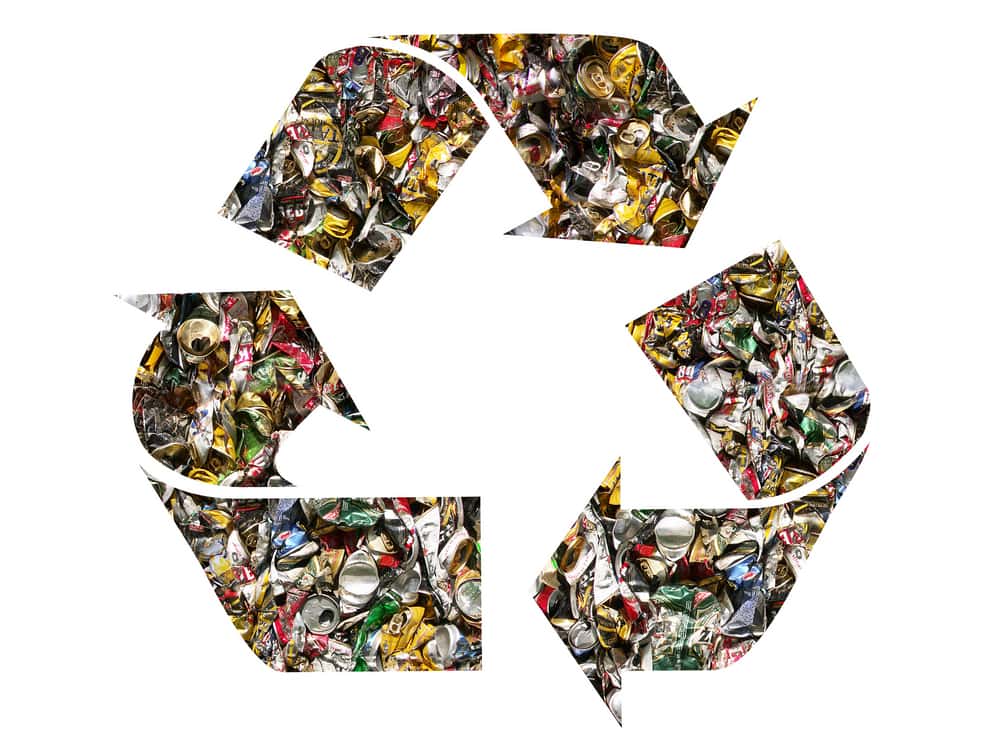The Economic Impact of Scrap Metal Recycling

Introduction to Scrap Metal Recycling
Scrap metal recycling is a vital industry that plays a significant role in the global economy. It involves the collection, processing, and repurposing of metal waste into valuable raw materials. This process not only helps in reducing the environmental impact of metal production but also contributes to economic growth. Crestwood Scraps, a leading scrap metal recycling company in Suffolk County, NY, exemplifies how local businesses can turn what is considered trash into valuable resources, supporting both the environment and the economy.
The Economic Benefits of Scrap Metal Recycling
Scrap metal recycling generates substantial economic benefits. Firstly, it creates jobs. From collection and transportation to processing and sales, the scrap metal recycling industry provides employment opportunities across various sectors. According to recent studies, the recycling industry supports over 500,000 jobs in the United States alone.
Secondly, recycling scrap metal reduces the cost of raw materials for manufacturers. Recycled metals are often less expensive than virgin metals, which helps manufacturers lower production costs and offer competitive pricing. This cost efficiency can be passed on to consumers, leading to more affordable products in the market.
Moreover, scrap metal recycling contributes to the local economy by stimulating economic activity. Companies like Crestwood Scraps help keep money within the community by operating locally and supporting local businesses. This circulation of money within the community helps in fostering economic stability and growth.

Get In Touch With Crestwood
Environmental Impact and Sustainability
One of the most significant advantages of scrap metal recycling is its positive impact on the environment. Recycling metal reduces the need for mining, which is a major cause of environmental degradation. Mining operations are associated with deforestation, soil erosion, and water pollution. By recycling metal, we can reduce these adverse effects and conserve natural resources.
Additionally, recycling metal uses less energy compared to producing new metal from ore. For example, recycling aluminum saves up to 95% of the energy required to produce aluminum from raw materials. This substantial energy saving translates into lower greenhouse gas emissions, helping to combat climate change.
Crestwood Scraps is committed to sustainable practices. By efficiently recycling metal waste, they contribute to the reduction of environmental pollution and promote a circular economy, where materials are reused and recycled, minimizing waste and resource consumption.
Economic Incentives for Individuals and Businesses
Individuals and businesses can benefit economically from participating in scrap metal recycling. For individuals, selling scrap metal can be a source of extra income. Items like old appliances, car parts, and even aluminum cans can be collected and sold to recycling companies like Crestwood Scraps.
Businesses, particularly those in construction, manufacturing, and automotive industries, can also profit from recycling their metal waste. By selling scrap metal, businesses can offset some of their operational costs. Moreover, companies that adopt recycling practices can enhance their corporate image by demonstrating a commitment to sustainability, which can attract environmentally conscious customers.
Crestwood Scraps offers competitive pricing for scrap metal, making it financially rewarding for both individuals and businesses to recycle.
Technological Advancements in Scrap Metal Recycling
Technological advancements have significantly improved the efficiency and effectiveness of scrap metal recycling. Modern recycling facilities are equipped with advanced machinery that can sort, shred, and process metals with high precision. These technologies enable the recovery of a higher percentage of metal from waste, reducing the amount of material that ends up in landfills.
Innovations such as magnetic separation, eddy current separation, and sensor-based sorting have revolutionized the industry. These technologies ensure that different types of metals are accurately separated, which improves the quality of recycled materials.
Crestwood Scraps utilizes state-of-the-art technology to ensure that they provide the highest quality recycled metal to their customers. This commitment to technological innovation helps them stay ahead in the competitive recycling industry.
The Future of Scrap Metal Recycling
The future of scrap metal recycling is promising, with growing awareness about environmental sustainability and the economic benefits of recycling. As the demand for raw materials continues to rise, the importance of recycling will only increase. Companies like Crestwood Scraps are leading the way in transforming trash into treasure, providing economic benefits while protecting the environment.
By supporting scrap metal recycling, individuals and businesses can contribute to a more sustainable future. Whether you are looking to recycle old metal items or seeking high-quality recycled metal for manufacturing, Crestwood Scraps in Suffolk County, NY, offers reliable and efficient services to meet your needs. Join the movement towards a greener economy by embracing the benefits of scrap metal recycling.



